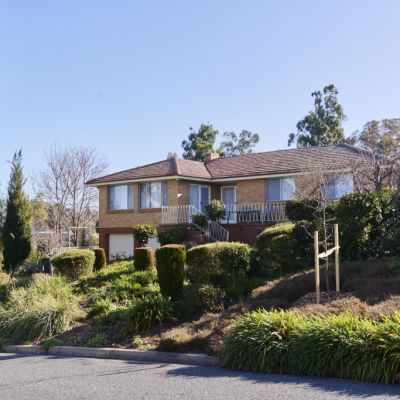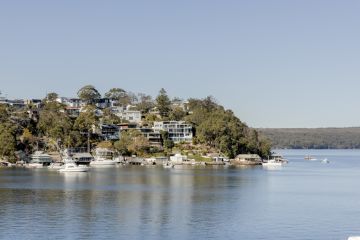Buying a property? Take a look at the Canberra regions where house prices fell the most
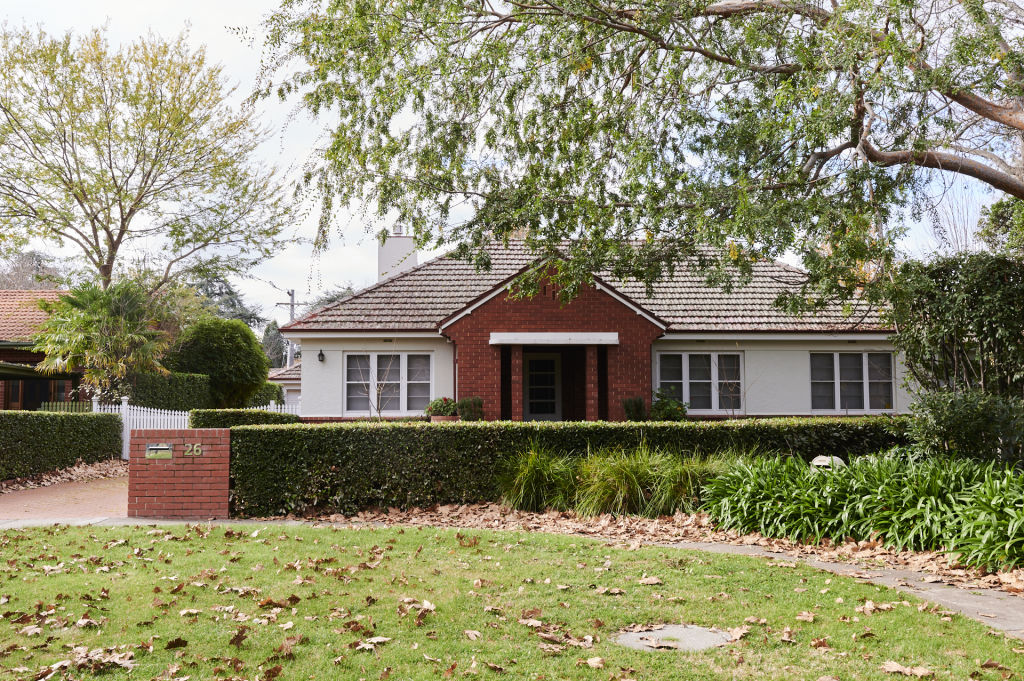
There have been more price falls than increases across Canberra regions with one region, in particular, taking the biggest blow to its median house price, new data has revealed.
According to the Domain House Price Report for the March quarter, the Inner North’s median house price took the deepest plunge, falling to $1.25 million, down 13.8 per cent year-on-year.
This was followed by the median house price in Woden Valley, which was $1.26 million, down 11.7 per cent year-on-year.
HOUSES & UNITS | STRATIFIED MEDIAN HOUSE PRICE
Canberra Region
Property
Mar-23
Dec-22
Mar-22
Quarterly change
Annual change
Molonglo
House
$1,300,000
$1,337,500
$1,205,000
-2.8%
7.9%
Gungahlin
Unit
$553,000
$560,000
$535,000
-1.3%
3.4%
Inner North
Unit
$592,000
$587,500
$575,000
0.8%
3.0%
Inner South
House
$2,000,000
$2,000,000
$1,962,500
0.0%
1.9%
Woden Valley
Unit
$590,000
$555,000
$582,000
6.3%
1.4%
Belconnen
Unit
$524,500
$550,000
$520,000
-4.6%
0.9%
Molonglo Valley
Unit
$532,500
$550,000
$530,000
-3.2%
0.5%
Gungahlin
House
$968,500
$970,000
$968,500
-0.2%
0.0%
Inner South
Unit
$660,000
$652,000
$660,000
1.2%
0.0%
Tuggeranong
Unit
$625,000
$625,000
$640,000
0.0%
-2.3%
Tuggeranong
House
$850,000
$850,000
$900,000
0.0%
-5.6%
Belconnen
House
$870,000
$875,000
$925,000
-0.6%
-5.9%
Weston Creek
House
$985,000
$1,000,000
$1,080,000
-1.5%
-8.8%
Woden Valley
House
$1,260,000
$1,250,000
$1,426,750
0.8%
-11.7%
Inner North
House
$1,250,000
$1,260,000
$1,450,000
-0.8%
-13.8%
“In the Inner North, I suspect there have been fewer high-end sales,” said Mark Larmer of Independent Our Team.
“In a booming market, people were offloading those big properties because it had built up a lot of equity.
“[Now that the market has turned] those owners want to hold onto their homes.”
Larmer added that the volume of multimillion-dollar houses on the market should also be considered when looking at the data.
“It’s not that the market is declining by 13 per cent (in the Inner North), it’s that there are fewer properties at the higher end [price point] coming to market. This time last year, there were more high-end properties selling in a quarter compared to now,” he said.
“The median [house] price will be skewed depending on how many multimillion-dollar homes are selling at the time.”
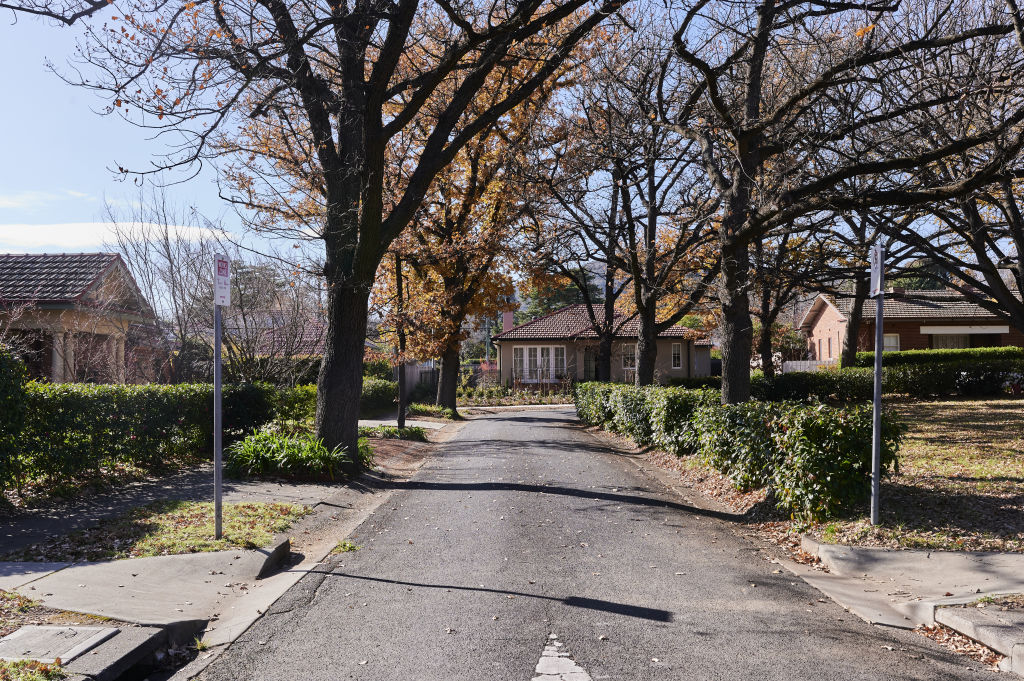
While it was a sombre outlook over the year for some regions, others saw prices rise with the median house price in Molonglo Valley leading the charge. The region recorded a median house price of $1.3 million, up 7.9 per cent year-on-year – the strongest growth across all Canberra regions for both houses and units.
Sean Rogers of Blackshaw Weston Creek and Molonglo said he was not surprised by the growth in Molonglo Valley’s median house price.
“It’s a great location and buyers are really focused on established homes, which puts upward pressure on prices,” he said.
The median unit price in Gungahlin followed that of Molonglo Valley at $553,000, up 3.4 per cent year-on-year.
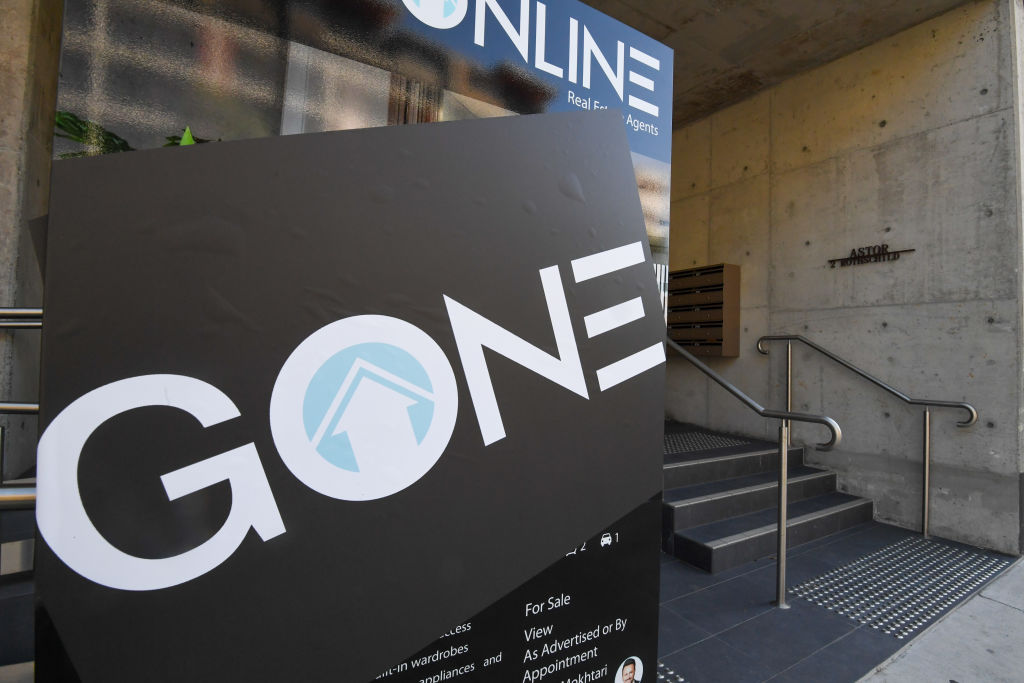
Domain chief of research and economics Dr Nicola Powell said the differences in performance in each of Canberra’s regions over the past 12 months could also be attributed, in part, to shifting buyer behaviours.
“There’s certainly been a movement toward buying turnkey homes,” she said.
“Buyers are being cautious about building homes or undertaking renovations given levels of uncertainty around costs, supply, labour availability and scheduling.”
The data comes after the report revealed the capital’s overall median house price was $1,047,112, down 8.4 per cent year-on-year. While Canberra is still the second most expensive of all capital city markets, it was still well below its peak price, reached in the June 2022 quarter.
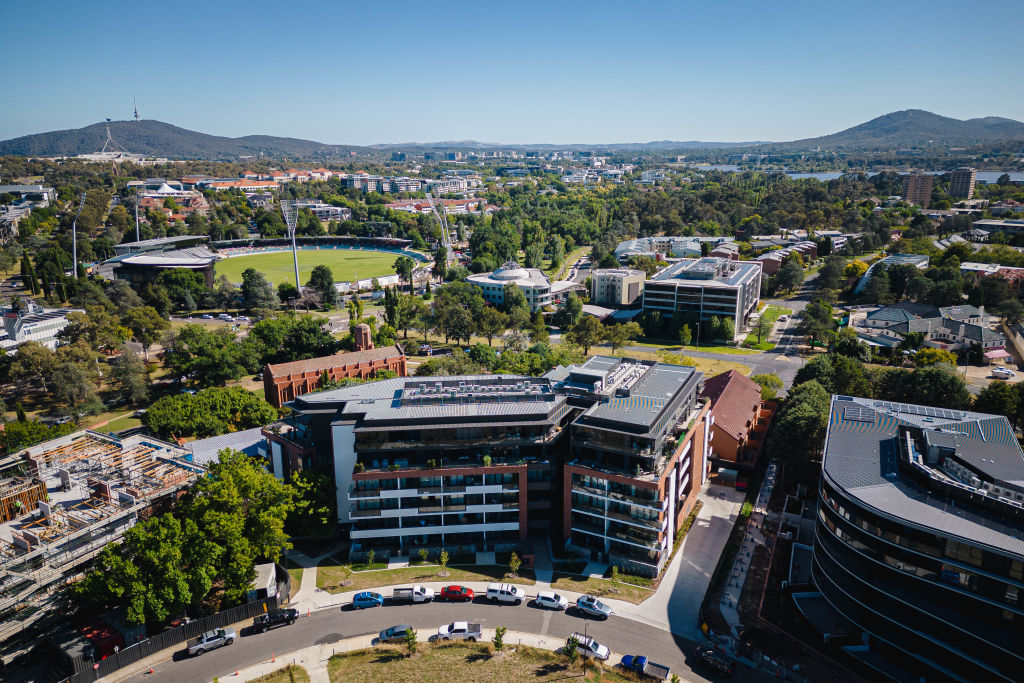
“There was phenomenal growth during the pandemic of around 51 per cent that could be compared to a lottery win for property owners,” Powell said.
“What we are seeing now is a more subdued market with many external influences impacting upon it.”
These include 10 interest rate rises, surging inflation, tighter borrowing conditions and impacts on the building supply chain, particularly where materials are sourced from overseas.
Rogers said there could be some light ahead within this tightening market, which could eventually push house prices higher.
“Stock levels are down on what we would typically see and that just further increases competition,” he said.
“We’re already seeing something of an uptick in numbers at home inspections. I think buyers are taking a more pragmatic approach to interest rates with a view to buy now and fix them later when those rates start to wind back.”
We recommend
We thought you might like
States
Capital Cities
Capital Cities - Rentals
Popular Areas
Allhomes
More
